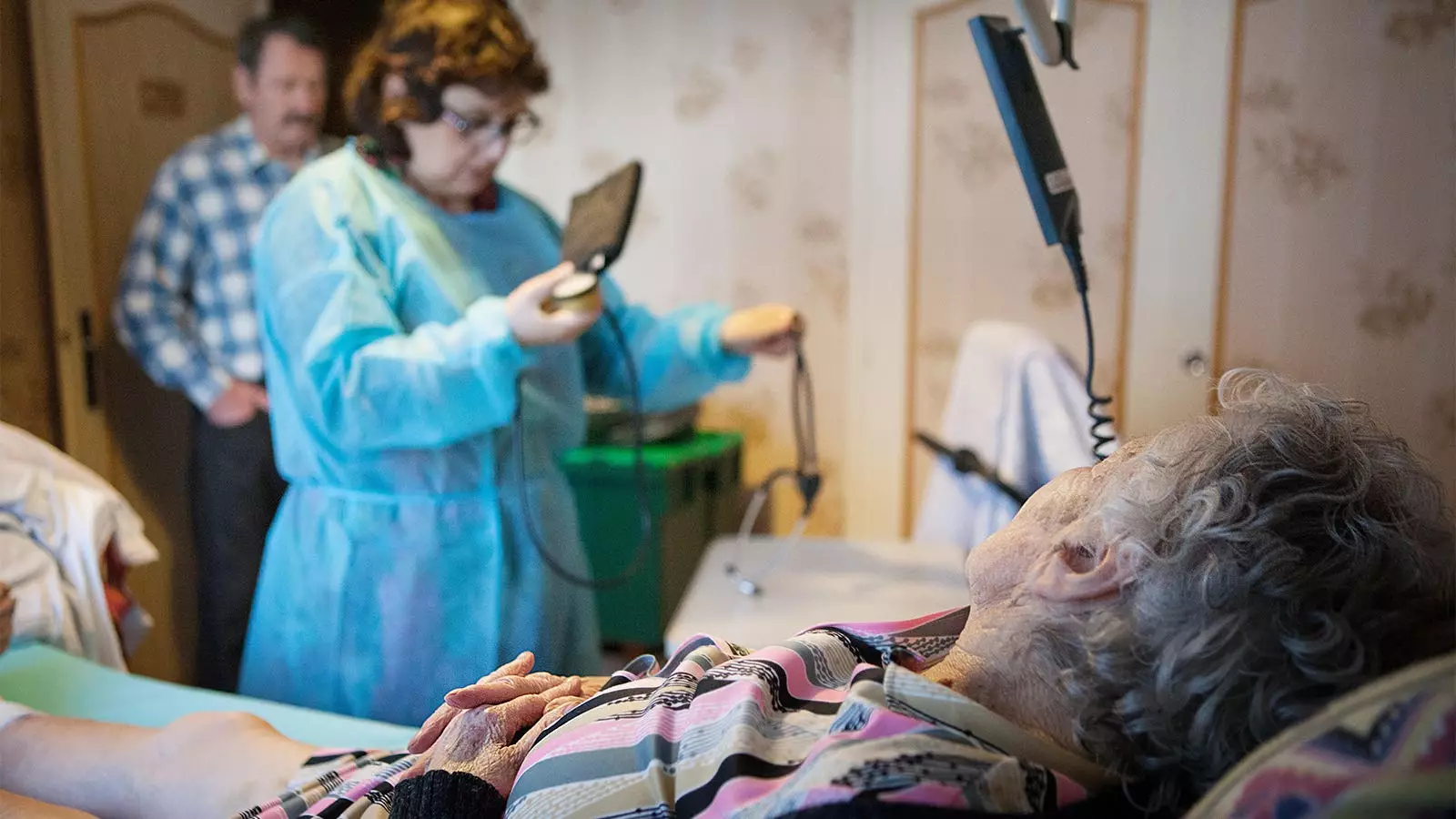Hospital-at-home programs have proven to be highly beneficial for patients, their families, and healthcare providers. These programs have resulted in low rates of emergency returns to the hospital, referrals to skilled nursing facilities, 30-day hospital readmissions, and mortality. Patients who received hospital care at home, especially those who were dually eligible for Medicare and Medicaid or had a disability or dementia, experienced similar or even better outcomes compared to the general hospitalized population. The design of these programs aligns with the principles of the Age-Friendly Health Systems movement, focusing on what matters to patients and addressing their needs related to medications, mind, and mobility.
Support for Hospital-at-Home Programs
Hospital-at-home programs have garnered support from various stakeholders, including clinicians and major health professional organizations like the American Medical Association and the American Hospital Association. Patients are also in favor of avoiding traditional hospital settings and receiving care in the comfort of their own homes. This preference stems from the fact that home environments often contain the things that matter most to patients, such as their loved ones, pets, and personal belongings. Additionally, family caregivers of hospital-at-home patients report positive experiences and lower levels of stress compared to caregivers of patients in hospital settings.
While the COVID-19 pandemic prompted a rapid expansion of hospital-at-home programs, ensuring their long-term sustainability and scalability remains a challenge. A 5-year extension of the Acute Hospital Care at Home waiver has been recommended to foster the growth of these programs and allow for further research to improve care quality, safety, and cost-effectiveness. However, issues of access and equity still persist, particularly among low-income residents who may not have access to state Medicaid-approved hospital-at-home care. Efforts are underway to make hospital-at-home programs accessible in rural and underserved areas, but more work is needed to ensure that all patients who could benefit from these programs have equal access.
With the support of payment waivers and ongoing research, hospital-at-home care presents a promising future for healthcare delivery, particularly for older adults. Extending the waiver for hospital-level care at home will not only allow for the continued growth of these programs but also enable the federal government to provide technical assistance and conduct research to enhance care outcomes. Ultimately, the goal is to provide care where patients feel most comfortable and experience the best healing outcomes – in their own homes.
Extending the Acute Hospital Care at Home waiver is crucial for the ongoing success and expansion of hospital-at-home programs. By ensuring payment certainty and addressing issues of access and equity, these programs have the potential to transform healthcare delivery and improve outcomes for patients across the country.

Leave a Reply